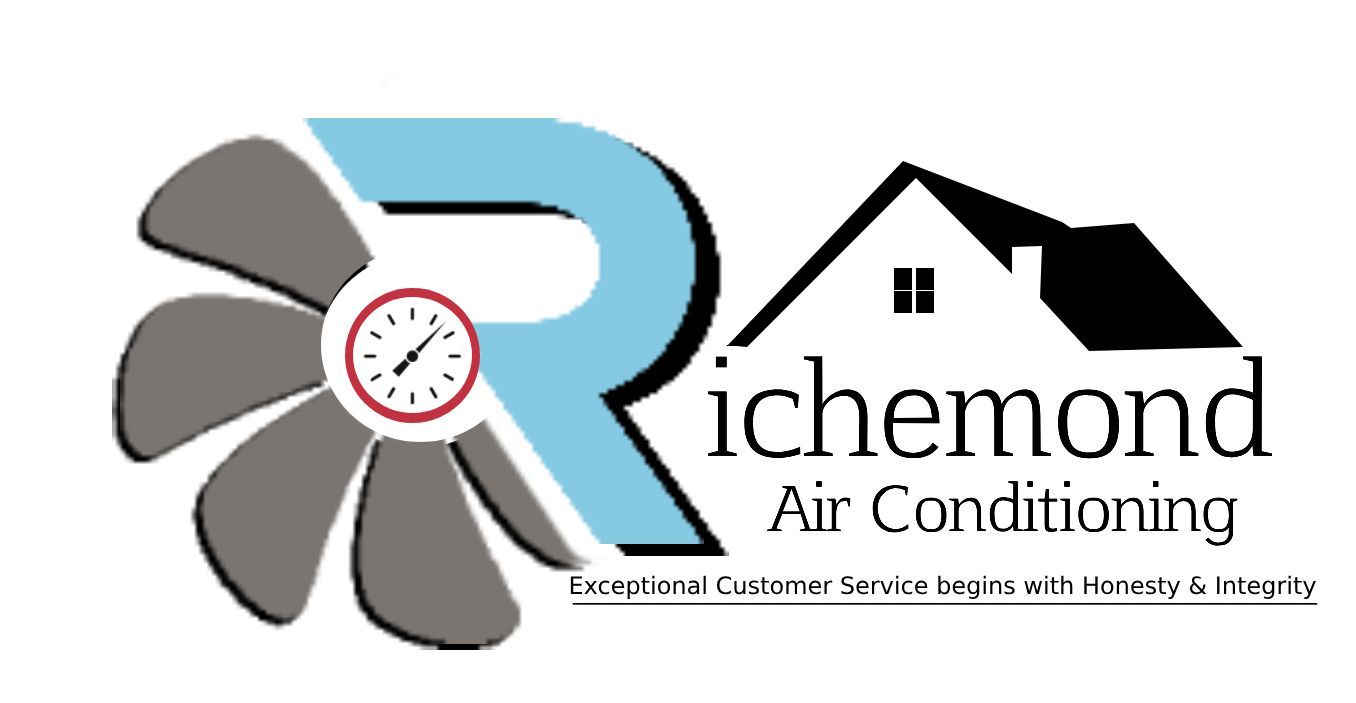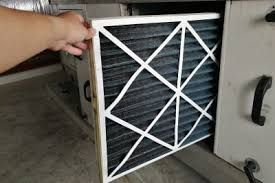
Understanding HVAC Clogs: Causes and Solutions
Have you ever wondered why your HVAC system isn't performing as efficiently as it should?
One of the most common culprits behind decreased performance is clogging. Understanding why HVAC systems clog can help you prevent issues and keep your system running smoothly. Let's dive into the causes of HVAC clogs and explore some solutions to keep your system in top condition.
- Dust and Debris Accumulation: Over time, dust, dirt, and other airborne particles can accumulate in your HVAC system. These particles can settle in the air ducts, filters, coils, and other components, restricting airflow and reducing efficiency. Regular cleaning and maintenance are essential to prevent dust and debris buildup and keep your system running smoothly.
- Clogged Air Filters: One of the most common causes of HVAC clogs is dirty or clogged air filters. Air filters trap dust, pollen, pet dander, and other particles to improve indoor air quality. However, when filters become clogged, airflow is restricted, causing your system to work harder and less efficiently. Regularly replacing or cleaning air filters can help prevent clogs and improve system performance.
- Blocked Air Vents: Blocked or obstructed air vents can also lead to HVAC clogs. Furniture, curtains, and other objects can block airflow from vents, causing uneven heating or cooling and putting strain on your system. Make sure to keep air vents clear of obstructions to ensure proper airflow throughout your home.
- Condensate Drain Line Clogs: In air conditioning systems, condensate drain lines remove moisture from the air and expel it outside. Over time, algae, mold, and debris can accumulate in the drain line, causing clogs and potential water damage. Regularly inspecting and cleaning the condensate drain line can help prevent clogs and maintain proper drainage.
- Outdoor Debris: Outdoor HVAC units are susceptible to clogs caused by leaves, grass clippings, and other outdoor debris. This debris can accumulate around the unit, blocking airflow and reducing system efficiency. Keep the area around your outdoor unit clear of debris and vegetation to prevent clogs and maintain optimal performance.
- Improper Installation: Poorly installed HVAC systems may be more prone to clogs and other issues. Improperly sized ductwork, incorrectly installed components, and other installation errors can lead to airflow restrictions and reduced efficiency. Investing in professional installation by experienced technicians can help prevent these issues and ensure your system operates efficiently.
Preventing HVAC clogs requires regular maintenance and attention to detail. By keeping your system clean, replacing filters as needed, and addressing any issues promptly, you can prevent clogs and keep your HVAC system running smoothly for years to come.
If you're experiencing issues with your HVAC system or need help preventing clogs, don't hesitate to contact us. Our team of experienced technicians can provide expert maintenance, repairs, and solutions to keep your system performing at its best. Schedule a service appointment today to ensure your home stays comfortable year-round!
You might also like

Book a Service Today
We will get back to you as soon as possible
Please try again later
Quick & Reliable
Location
Servicing all of the Palm Beaches
Call
Working hours
- Monday
- -
- Tue - Wed
- -
- Thu - Sat
- -
- Sunday
- -
All Rights Reserved | Richemond Air